-
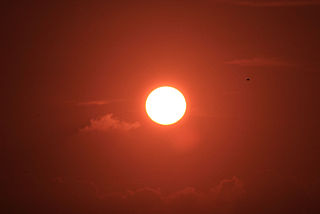
Newser reported this week that Los Angeles broke a 131-year temperature record on Saturday with a temperature of 96 F in downtown LA, surpassing the old record of 95 F set back in 1886. The high temperatures have caused problems for children, the elderly and other vulnerable populations and increased the incidence of heat-related illnesses…
-
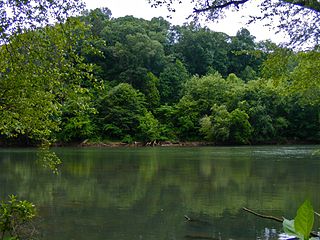
North Carolina scientists are becoming concerned about dropping streamflow levels in their streams and rivers, according to a recent article in IndyWeek. According to the article, “The net effect of the 18 percent decrease—caused by such factors as increased development and water withdrawals, as well as climate change—is that less water is available for drinking and…
Posted in: Climate and Ag in the news -
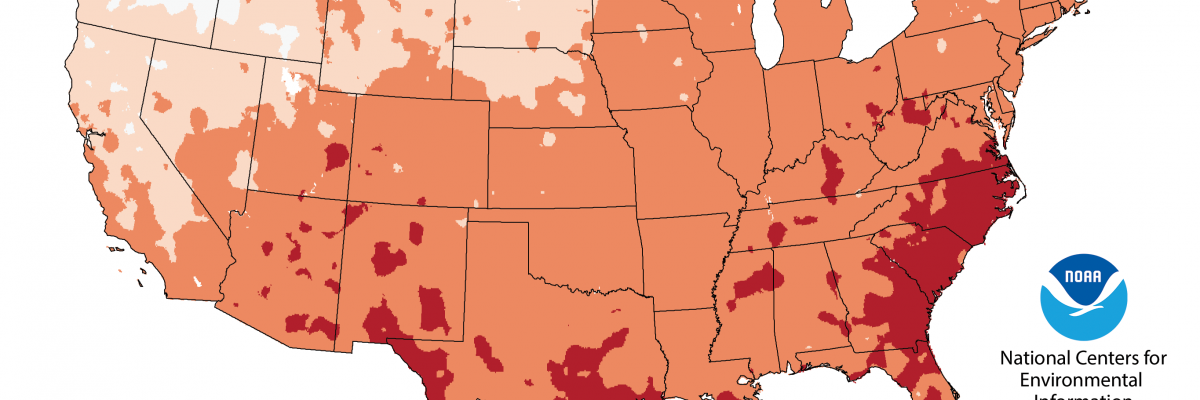
NOAA released their monthly climate summary today. It shows that June was above average for the US as a whole but cooler than normal in most of the Southeast. The Southeast was also much above normal in precipitation. It also shows that Florida, Georgia, North and South Carolina all have experienced their record warmest January…
-
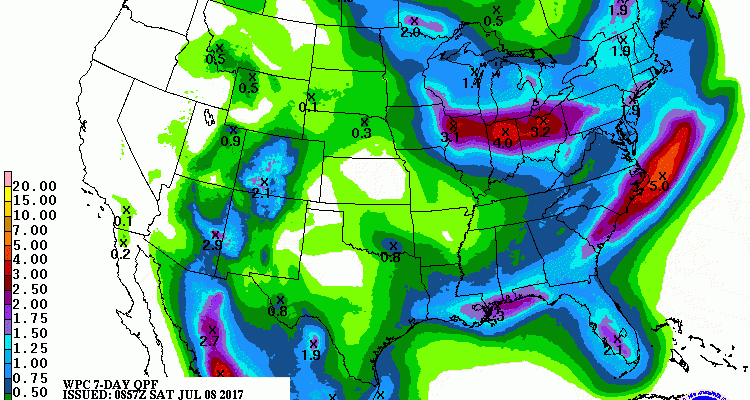
With a front sagging to the south across parts of the Southeast, many people can expected a drier week coming up. The wettest parts of the region will be along the East Coast with a few scattered spots in southern Florida. Much of the rest of the area will see well less than an inch.
Posted in: Climate outlooks -
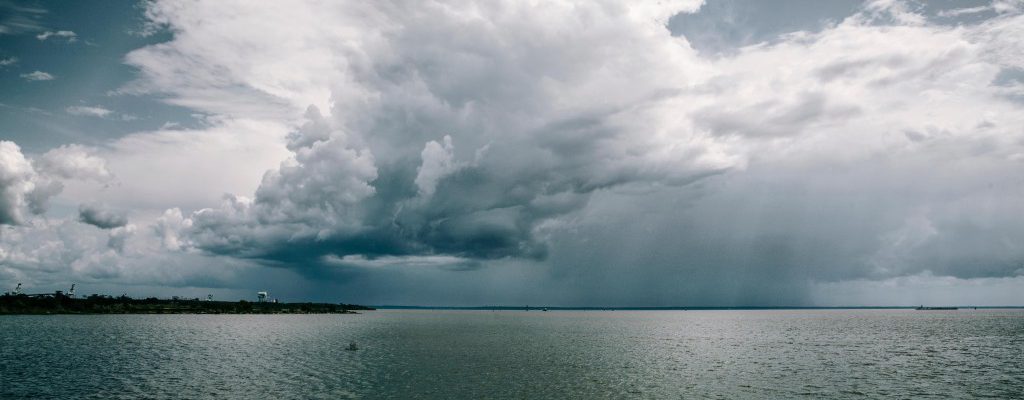
For those of you who like sailing and exciting stories, here is a story from Smithsonian magazine I ran across today on the Mobile Bay sailing disaster of 2015, when hurricane-force winds “swept more than 100 boaters into one of the worst sailing disasters in modern American history.” Surprisingly, it is a story I don’t…
-
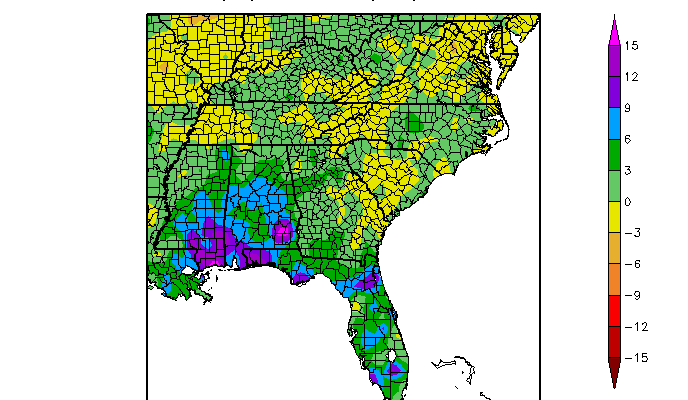
The climate report for the Southeast from the Southeastern Regional Climate Center is available below. Southeast Region: (Information provided by the Southeast Regional Climate Center) Temperatures were near average across much of the Southeast region during June. Only eight long-term (i.e., period of record equaling or exceeding 50 years) stations across the region observed June…
Posted in: Climate summaries -
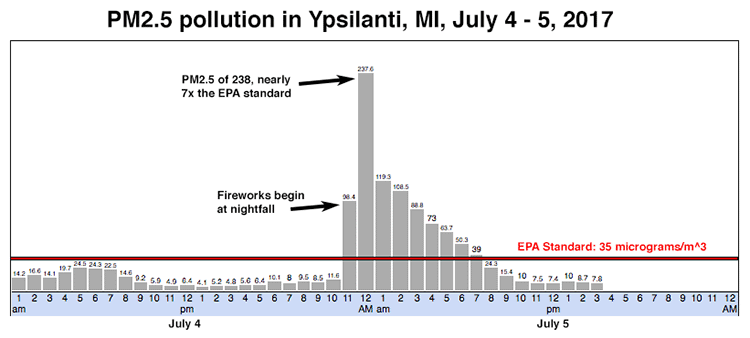
After the 4th of July fireworks across the country were over, meteorologists turned to their observations to see what effects the smoke and particulates from the fireworks had on air quality in the areas downwind of the displays. What they showed were that the level of dangerous aerosols increased immediately after the fireworks started and…